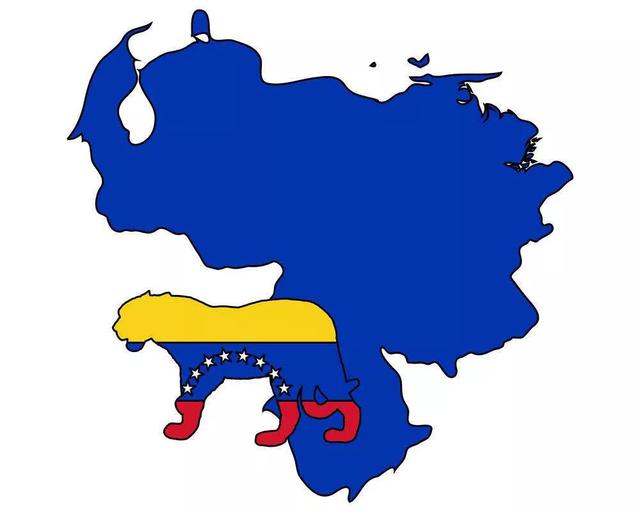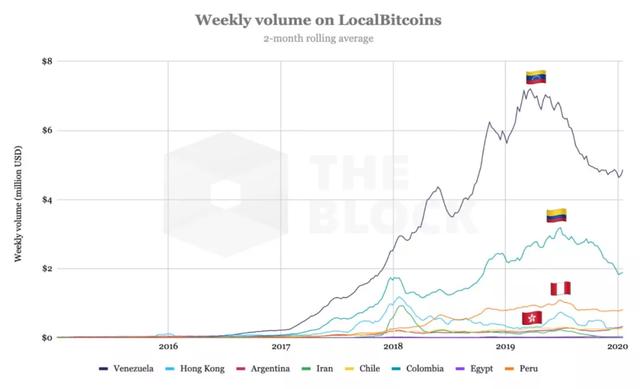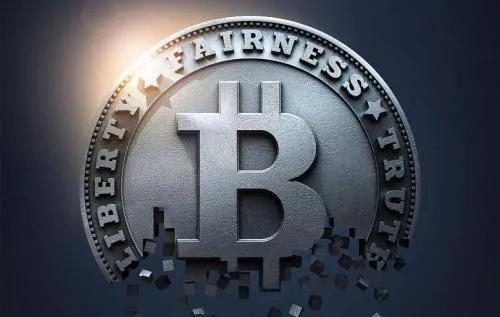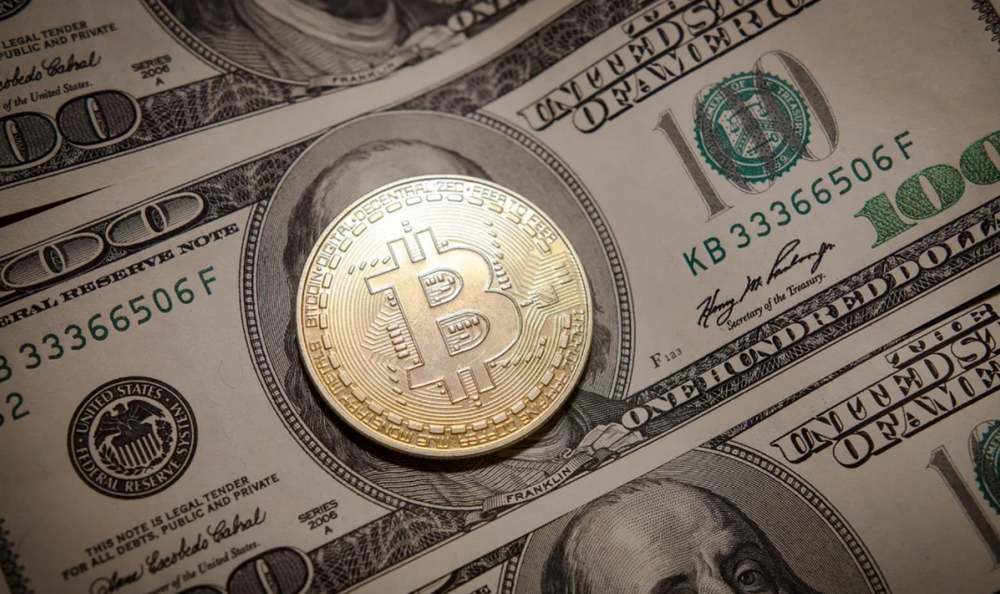If Bitcoin prices skyrocket, it could make this country the richest country
Many Venezuelans have been buying bitcoins in increasing quantities to hedge against currency depreciation.
An unprecedented currency crisis
Venezuela was once one of the richest countries in Latin America and has the highest standard of living across the continent. Its huge oil reserves are the largest in the world, even surpassing Saudi Arabia.
But now, resource-rich Venezuela is in a devastating economic crisis, reminiscent of the legendary currency collapse of the Weimar Republic. In fact, Venezuela's currency crisis could be worse.
When oil prices fell sharply, problems in the country began to emerge. Oil revenue is the main source of funding for social welfare plans developed under the leadership of former Venezuelan President Hugo Chavez. Chavez has launched huge subsidies for food, housing and other programs aimed at eradicating poverty, which has made him very popular among the Venezuelan people.
- Opinion: The biggest opportunity for blockchain 2.0 is "regulatory technology"
- Viewpoint: Bitcoin gold has been attacked by double spending again, and nearly 7,500 coins have been lost. Is Bitcoin still safe?
- Assisting Wuhan, what can the blockchain do for public welfare?

When oil prices fell, social programs and reductions in subsidies began to cause economic problems, and the government decided to monetize debt through inflation rather than cutting spending to meet the programs that many poor people rely on.
Today, printing presses are constantly running. Inflation has severely disrupted the daily lives of Venezuelans, who are unable to purchase daily necessities and services due to the decline in purchasing power.
As a hedging tool, many Venezuelans have been buying large amounts of bitcoin to store their wealth in currencies with lower inflation rates, which can still be bought and sold despite government capital controls.
Bitcoin as an escape route
Block's Larry Cermak tweeted on Venezuela's localbitcoins.com peer-to-peer market for increased transaction volume. Venezuela buys much more bitcoin than other "high-risk" economies (such as Argentina, Colombia, Turkey, and Iran) , and countries such as Argentina, Colombia, Turkey, and Iran also see the increase in bitcoin trading as a hedge against inflation Rate one of the hedging tools.

Bitcoin first entered Venezuela through cryptocurrency enthusiasts and miners, who were able to get almost free electricity subsidized by the government.
With the development of the currency crisis, mining was actually banned for some time before it was legalized and sanctioned by Venezuelan authorities, which initially opposed cryptocurrencies.
Last year, the government changed its tone with the announcement of Petro, the first government-backed cryptocurrency. With the introduction of capital controls and attempts to avoid large-scale capital flight, many Venezuelans have begun to see the benefits of bitcoin's anti-censorship property, which can enable capital flows, including transboundary movements. Bitcoin (and foreign currencies such as the US dollar and euro on the black market) is now also used to purchase goods and services domestically.

Many Venezuelans have moved out of the country in search of better opportunities elsewhere, so a large number of diasporas use Bitcoin as a direct way to remit money back to family members still affected by the crisis.
If hyper-bitcoinization does occur as claimed by Bitcoin advocates, and Bitcoin becomes a global reserve currency, then we may see Venezuelans, despite the impact of the crisis, changing with the parabola of Bitcoin prices Venezuelans will change from one of the poorest countries to one of the richest countries on the planet.
The original source is bitcoinist, compiled by the BluemountainLabs team. The copyright in English belongs to the original author. For reprinting in Chinese, please contact the compiler.
We will continue to update Blocking; if you have any questions or suggestions, please contact us!
Was this article helpful?
93 out of 132 found this helpful
Related articles
- U.S. ambassador to Iraq hit, bitcoin surges over 4%
- Chengdu has 35 companies with blockchain technology research as the core and 298 related companies
- Financial institutions join the stablecoin trend: 2020 will be the year of the real stablecoin
- What can the blockchain do? What can't you do? | Back to common sense
- Deutsche Bank: Digital RMB will weaken US dollar's dominance in global financial system
- The largest Ponzi fraud in history-the so-called institutional entry is not as mysterious as imagined
- Understanding Blockchain from Scratch: The Basics of Blockchain Technology






